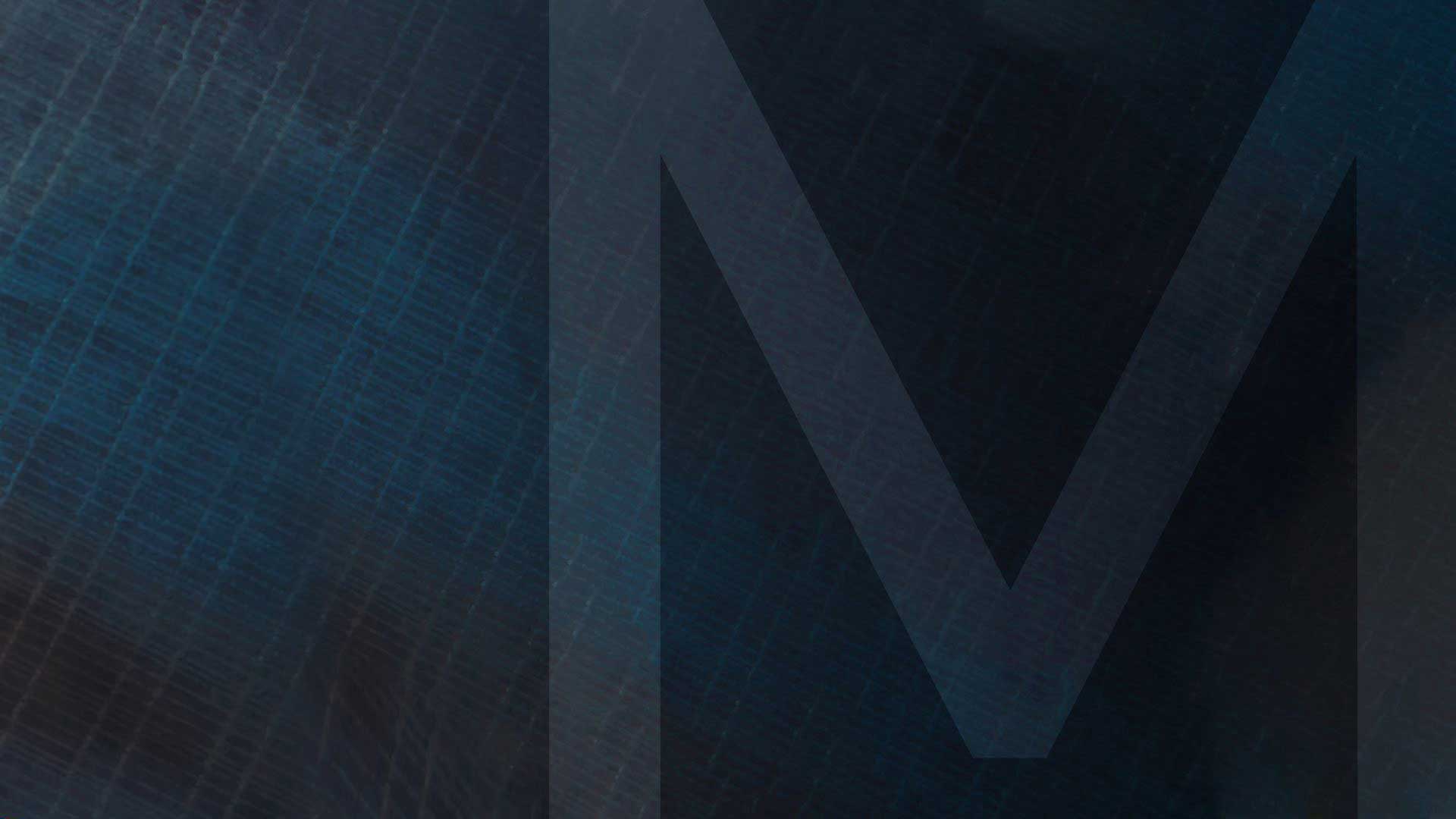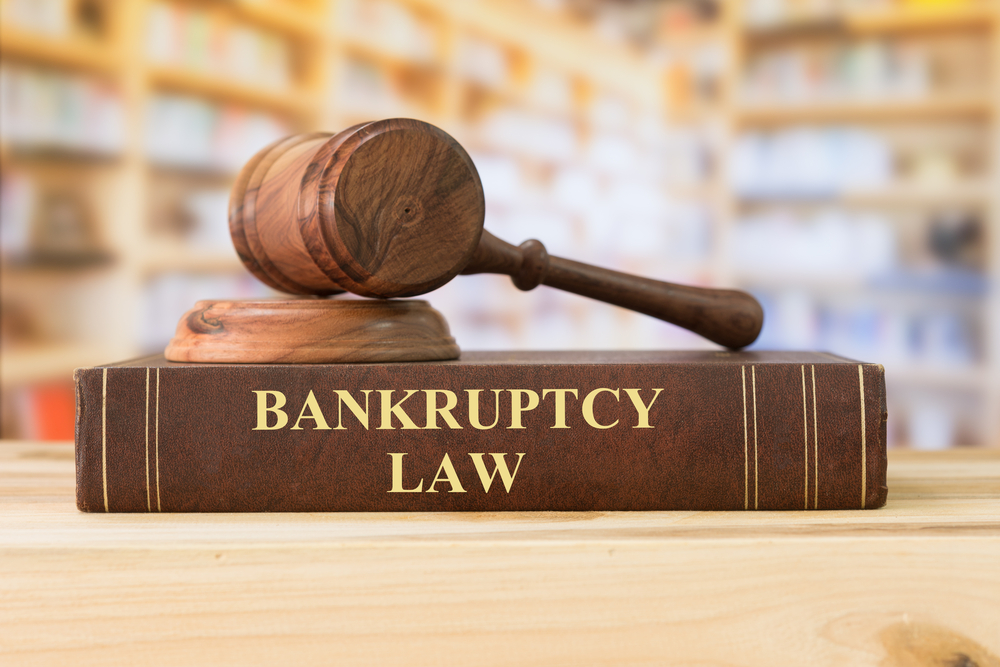Dealing with debt is overwhelming, to say the least. Luckily, bankruptcy provides a way out and a way toward your financial freedom. If you’re considering filing for Chapter 13, you probably want to know what type of debt it can get rid of, so you know what to expect.
Keep reading to get the info you need before you look for San Diego’s reputable Chapter 13 bankruptcy lawyer.
How does Chapter 13 bankruptcy work?
Chapter 13 provides a reorganization of your debt through a repayment plan. You and your creditors need to agree on a 3- to 5-year plan so that you pay off certain debts and get some of them discharged. Your remaining debt should be discharged at the end of the repayment plan.
To qualify for Chapter 13 bankruptcy, you should:
- Keep up with your tax filings
- Have a steady income
- Not have filed for Chapter 7 for 4 years and Chapter 13 for 2 years
Once you file for Chapter 13, any pending foreclosure, collection activity, and debt payment will be stopped while the court is reviewing your submitted plan.
What type of debt does Chapter 13 bankruptcy eliminate?
If you choose Chapter 13, here’s what type of debt you can expect to get rid of:
- Most nonpriority unsecured debts:
- Utility bills
- Medical bills
- Nonpriority income tax obligations
- Credit card debt
- Most lawsuit judgments
- Personal loans
- Crammed-down or stripped secured debts, such as car loans or a second mortgage – For example, you can cram down your car loan and split it into secured and unsecured debt. You’ll have to include the secured part in your repayment plan, while the unsecured part will get discharged once you complete the plan.
- Debts you cannot discharge through Chapter 7:
- Retirement account loans
- Some fines and penalties you owe to the government
- Debts from malicious damage to property
- Remaining debts from a previous bankruptcy
- Debts you incurred through a property settlement agreement in divorce (not alimony or child support)
- Outstanding homeowners association fees
- Debts accumulated due to paying nondischargeable tax obligations
Which debts can’t you get discharged through Chapter 13?
You should be aware of certain types of debt you won’t be able to eliminate by filing for Chapter 13. However, with a reliable bankruptcy lawyer by your side and a well-thought-out repayment plan, you’ll handle these debts with ease. They include:
- Priority debts, such as support obligations, child support, alimony, and certain tax debts
- Mortgage arrears or missed mortgage payments
- Car loans and similar secured debts
- Administrative claims
Where in San Diego can you find a dependable Chapter 13 bankruptcy lawyer?
If you’re considering filing for Chapter 13 bankruptcy and need a knowledgeable and experienced attorney by your side, we at Bankruptcy Law Offices of Mark L. Miller are at your disposal. From discussing the reasons behind your decision and explaining the steps to filing this Chapter to answering all your questions, you can rely on our guidance, expertise, and support.
We boast a team of experienced attorneys specializing in bankruptcy matters. Your bankruptcy lawyer will guide you through the entire process, handle your creditors and the administrative tasks, keep you in the loop, and ensure you get the most benefits.
You can rest assured your case is in good hands and that you’ll get professional legal representation. We’ll get you a fresh start, and you can enjoy a stress-free visit to the USS Midway Museum. Don’t hesitate to reach out to us today and set up an appointment for your free consultation!






